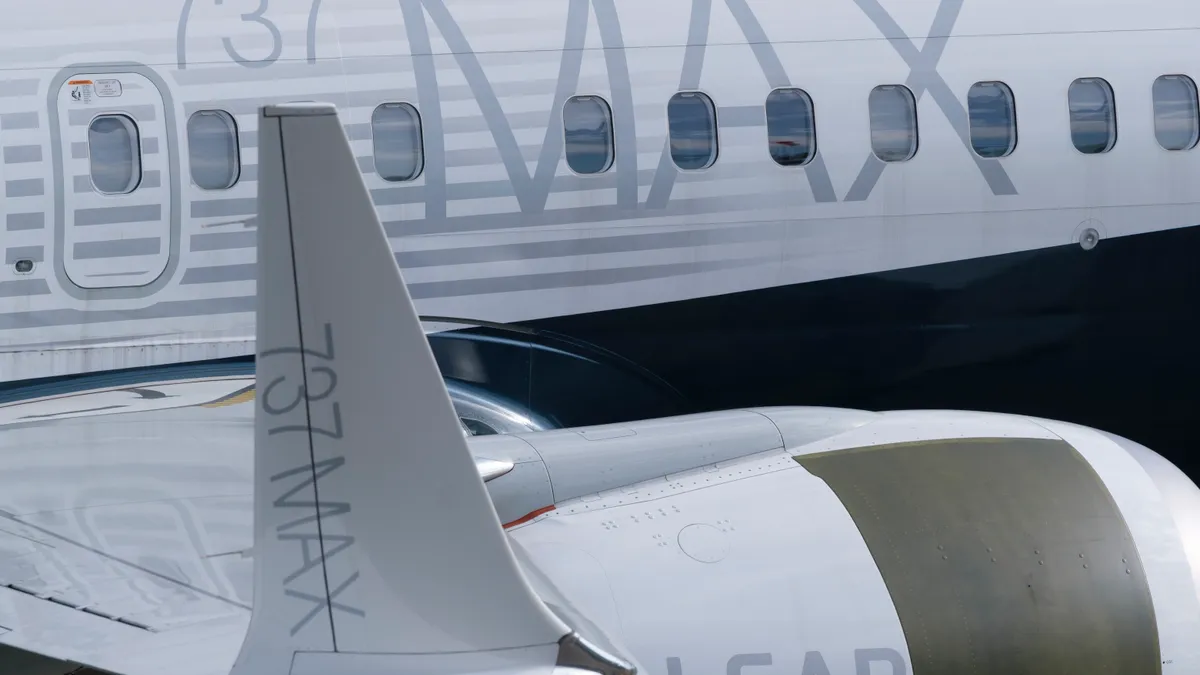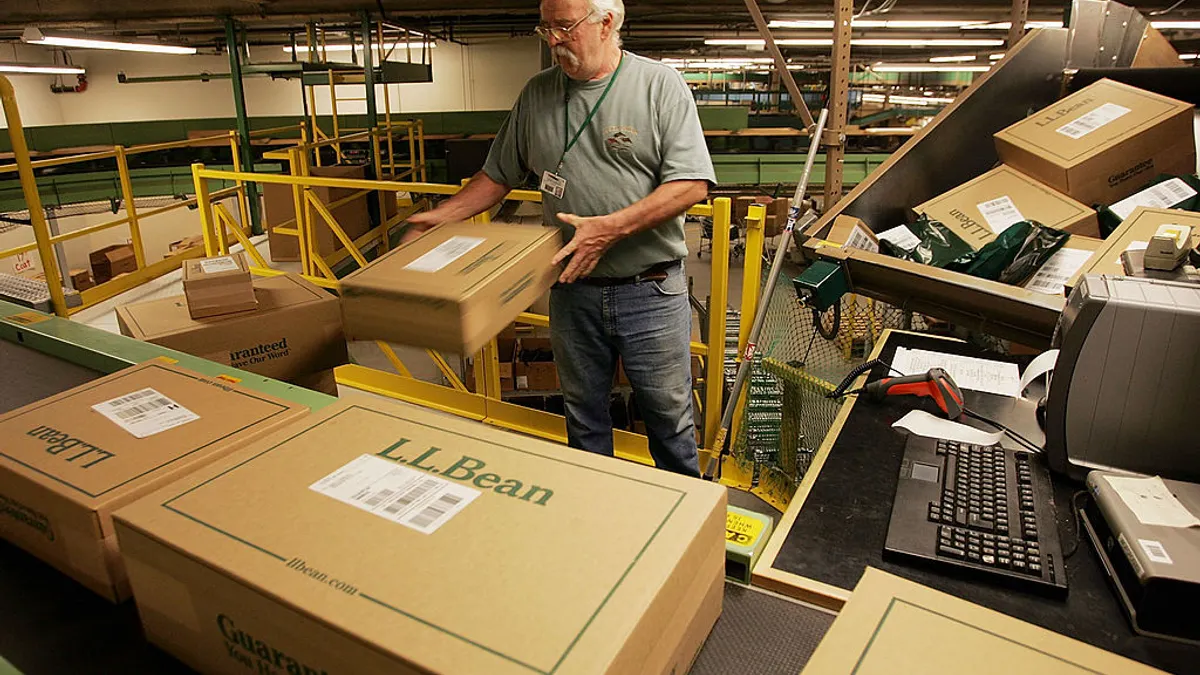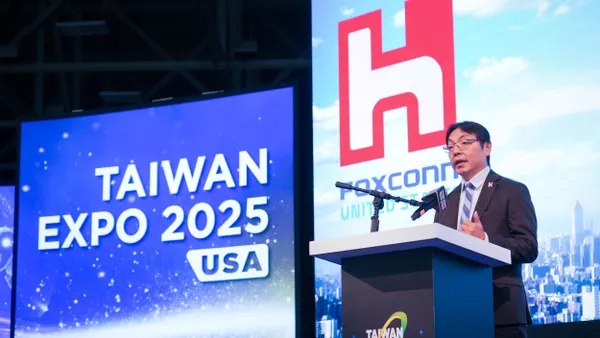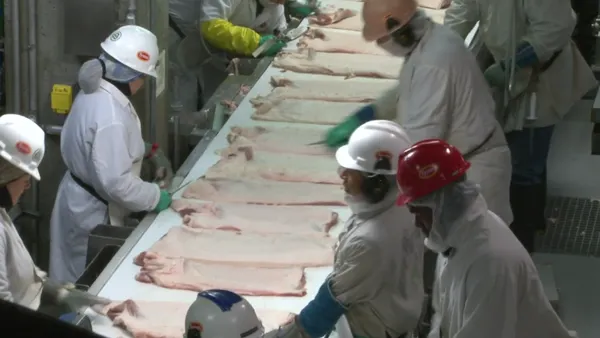Boeing is taking several steps to recover production of its 737 program after contract manufacturer Spirit Aerosystems notified the company of a quality issue on the aft, or rear, fuselage section of certain aircraft.
Boeing has provided Spirit Aerosystems with manufacturing and engineering resources, as well as a cash advance, throughout the recovery and repair process, Boeing EVP of Finance and CFO Brian West told analysts during an April 26 earnings call.
“The issue’s understood,” Boeing President and CEO David Calhoun said on the call. “It’s isolated to two specific fittings, and we know what we have to do.”
Calhoun told analysts that Spirit Aerosystems’ quality slip was very difficult to visibly assess, which is why the defect wasn’t identified until the building process was complete.
“Without witnessing firsthand that process in action, you're not likely to find it from that point forward. Its process was not standard,” Calhoun noted. “And importantly, there was a sealant that was applied on top of the fitting that made it impossible to notice any cracks.”
Boeing has gone through the reworking procedures, including the captured fuselages in its factory and finished airplanes which need the fins removed, the CEO said. The manufacturer has since defined all the work scopes needed, and now aims to “get more efficient in the process of doing that reworking.”
The additional work will affect Boeing's 737 aircraft delivery timelines over the next several months, as production is contingent on fuselage availability. The company expects lower production levels in the near-term, before increasing its rate to 38 deliveries per month later this year. Boeing expects to still deliver 450 of the 737 aircraft by the end of the year, according to Calhoun.
“Stepping back, we appreciate that Spirit promptly notified us of this issue,” the CEO told analysts. “They're an important partner. We're working closely on the recovery plan, and we are working in a very constructive way.”
Calhoun also celebrated the employee that witnessed the procedure, raised their hand and said “that doesn’t look right.”
“That is the only way that we would have ultimately found out about it,” he told analysts. “I’m encouraging everybody in our supply chain, if they see something of that sort, to raise their hand.”














